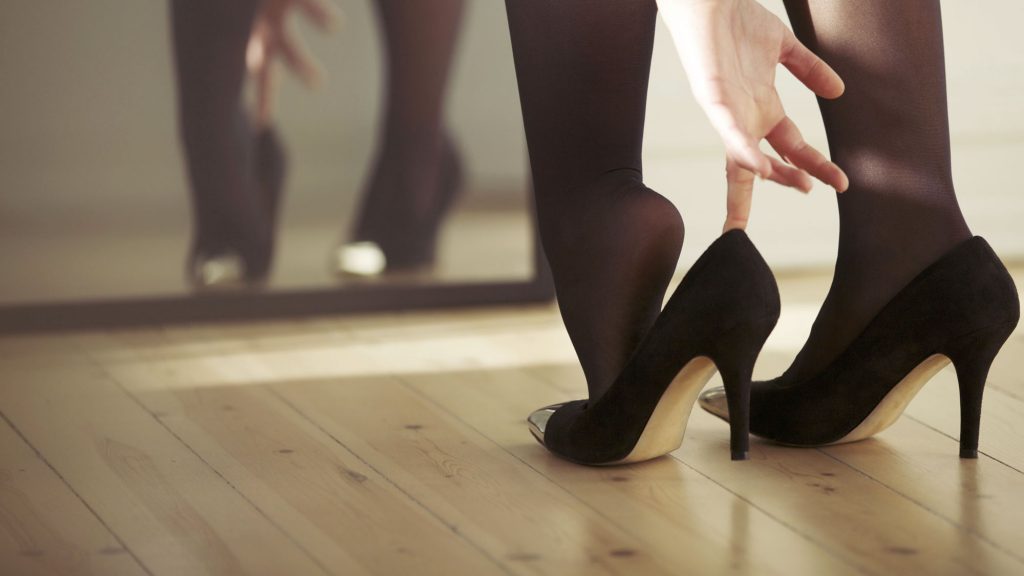Disabled women around the world are being denied basic health services from family planning advice to pap smears because they are seen as asexual, disability rights campaigners said on Thursday.
Women with disabilities are often ignored, shunned or mocked when seeking help from medical practitioners or even friends or family, victims said on the sidelines global summit on sexual and reproductive health in Nairobi.

“Women with a disability are viewed as asexual – that we are not human and do not have needs or sexual desires,” said Mildred Omino, a campaigner with Kenyan charity Women and Realities of Disability who needs crutches to walk.
“Because of this perception, there is a general feeling in society – from family to teachers to doctors – that there is no need to address disabled women’s sexual health as they think we have no business seeking such services.”
One billion people, or 15 per cent of the world’s population, experience some form of disability, with prevalence higher in developing nations, according to the World Bank.
Although their rights are protected by international agreements and national laws and policies, people with disabilities are often left out of mainstream conversations on issues related to sex, sexual violence and pregnancy.
As a consequence, even basic equipment for gynaecological care is missing – from no disability-specific beds in hospitals to information booklets produced in braille.
Activists at the International Conference on Population and Development told how they had been denied obstetric care because they were on crutches, or had a mental health disability, and were wrongly seen as incapable of having sex.
Other doctors assumed that they had been raped.
Amba Salelkar, an Indian campaigner who has a psychosocial disability – one that arises from mental health problems – said she struggled to access care when she was eight weeks pregnant and experienced bleeding.
“When I went to the doctor and he realized that I had a disability, he asked me, are you sure you are pregnant?” she told the Thomson Reuters Foundation.
“He just didn’t want to treat me as he thought I was lying or making it up.”
Children with disabilities are almost four times more likely to be subjected to sexual violence than children without disabilities and girls face the greatest risk, says the United Nations Population Fund.
A lack of education about their sexual and reproductive health and rights puts them at greater risk of exploitation, unplanned pregnancy and sexually transmitted infections, say disability rights campaigners.
Women with disabilities are also not seen as needing information on issues such as contraception or family planning and considered incapable of making their own decisions, they add.
David Ole Sankok, a Kenyan parliamentarian with a disability, said there was often no consideration for people who had difficulty hearing and speaking.
“Imagine going to a doctor explaining that you think you have a sexually transmitted infection and having to recount your sexual history – all in sign language through a translator because you are mute or deaf,” he said.
“We really need to advocate harder on such issues as they are hidden, ignored and not spoken about.”
The three-day summit, which ends on Thursday, brings together more than 9,500 participants including heads of state, government ministers, financial institutions, donors and civil society groups.

